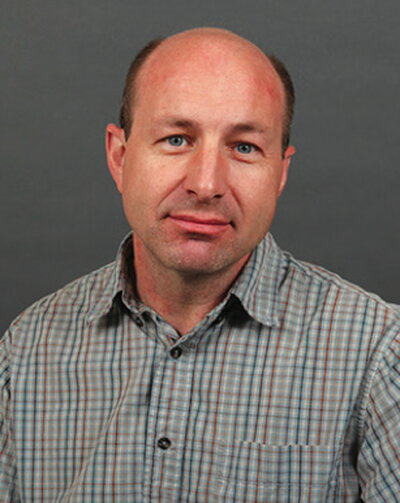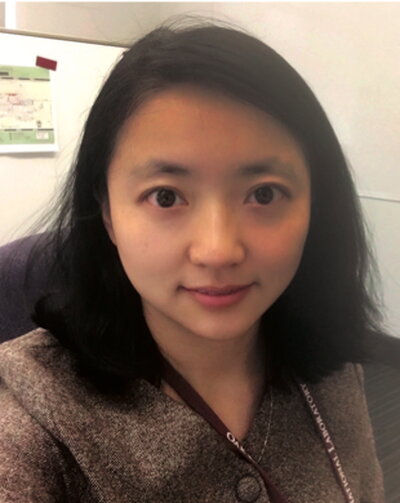Glen Romine, MS 2002, PhD 2008

What have you been up to since your time at DAS?
After finishing my degrees at DAS, I briefly stayed on as a postdoctoral researcher until June 2009 when my family and I moved to Colorado to begin working at NCAR. I’m still working at NCAR where I have a joint appointment with the Mesoscale and Microscale Meteorology and the Computational and Information Sciences laboratories. I am in engaged in activities that revolve around ensemble-based data assimilation and probabilistic prediction challenges. My research has a broad aim to improve the prediction of high-impact weather systems, especially those associated with severe local storms. These days, I’m managing and mentoring more often, but I still enjoy conducting research as well. Outside of work, I enjoy time with my family and the wonderful year-round outdoor activities that are enabled by living in the Colorado Front Range.
How have you benefited from your degree in atmospheric sciences from the University of Illinois?
It was a wonderful educational experience that pushed me to view atmospheric science from a new lens (my undergraduate degree was in meteorology from the University of Oklahoma). I particularly benefited from access to some of the best computational resources in the world. My research advisor (Bob Wilhelmson) and his team provided me with the tools and methods to develop research projects, and I continue to use those skills. I also made many friends, and met my (now) wife at DAS, so it was a wonderful experience on many levels. Of particular value to me, I gained invaluable experience on how to develop successful proposals. I now have the opportunity to help and share those skills with others. Thanks, Bob!
What’s next for you?
I plan to continue working at NCAR pursuing challenges in weather prediction and predictability, modeling forecast error reduction, and improving the usability of forecast uncertainty information. I hope to get more involved in field research again as I’m starting to miss it. And, outside of work, I’ll be enjoying the next few years with my girls before they start leaving the nest. I’ll also continue to explore the West. There is so much to see and do! ✦
Yang Song, PhD 2015

What have you been up to since your time at DAS?
After receiving my PhD degree in 2015 from DAS, I stayed at DAS as a post-doc for eight months. In April 2016, I moved to Oak Ridge, Tennessee, and joined Oak Ridge National Lab (ORNL) as a post-doc and then as an associated research scientist. My research at ORNL allowed me to explore an cutting-edge research topic: the application of gene science in climate science. I have developed an omics-informed soil biogeochemical model that is able to apply microbial gene data to identify microbial functional diversity and its implication for soil carbon emission. In July 2019, I accepted an assistant professor position from the Department of Hydrology and Atmospheric Sciences and the Ecosystem Genomics Institute, University of Arizona.
How have you benefited from your degree in Atmospheric Sciences from the University of Illinois?
My PhD training in DAS has equipped me with solid knowledge and professional skills in climate science. Most importantly, diverse curriculum design and cross-campus collaborations in research projects have cultivated me with the ability to absorb and combine multi-disciplinary knowledge in a short time. With the flying of time, all my study experiences in DAS have become my treasure. They not only allowed me to complete the inter-disciplinary research in ORNL but also provided me large flexibility when planning my future career development and research direction.
What’s next for you?
I will start to build my research group in the Department of Hydrology and Atmospheric Science and the Ecosystem Genomics Institute, University of Arizona, in Spring 2020. In this new career journey, I will continue linking gene to ecosystem functions towards developing the genetically-informed prediction of vegetative and microbial functions in the earth system models. I will work on applying this research to mitigate the effects of climate change. I will train students with knowledge and skills to further explore this interesting research topic: gene to earth-system modeling and application. ✦